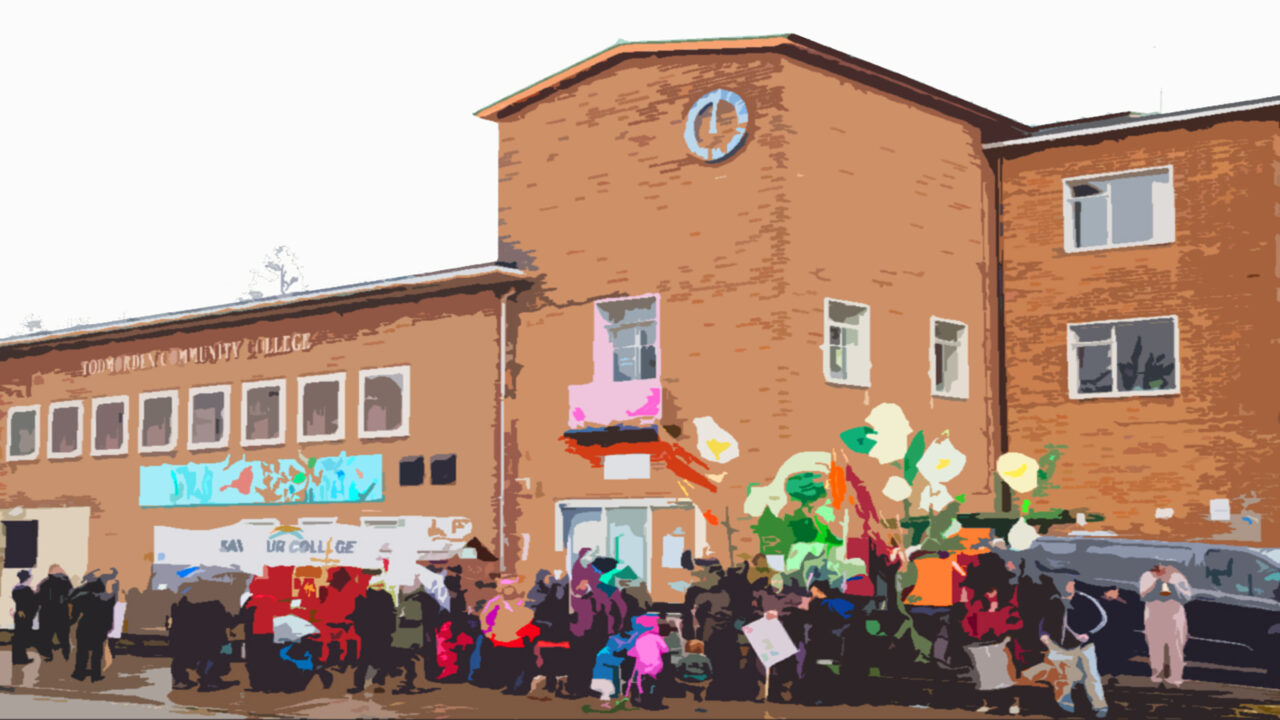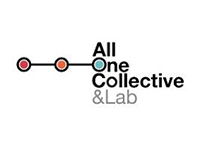The Climate Challenge College is an award winning sustainability skills centre based in Tod College. We offer a range of activities for the whole community with a focus on practical skills.
We are currently running a number of Retrofit projects in Calderdale exploring the challenges and solutions to reducing carbon usage through the heating of our homes.

Engagement Lead, Calderdale’s Retrofit Challenge Project
Imogen Butler
imogen@tlchub.org.uk
Administrator
Holly Roberts
holly.roberts@tlchub.org.uk
Engagement Lead, Cozydale Project
Natalie Ratner
natalie.ratner@tlchub.org.uk
Main email: climatecollege@tlchub.org.uk
Phone: 01706318133
Our Projects
Calderdale’s Retrofit Challenge
Calderdale Retrofit Challenge – A research project to explore the non-technical barriers to retrofitting in Calderdale with particular focus on hard to treat stone terraces, the project is a partnership with Calderdale Council and Carbon Co-op, please click the box above for further information. As part of this project we are running a Citizen’s Jury in Autumn 2024 – click the box below to find out more.
Citizens Jury
We are calling on YOU to join Calderdale’s first Citizen’s Jury – convening in the Autumn to hear and weigh up expert evidence and deliberate on a way forward so that as many people as possible can benefit from these measures. You don’t need any experience or knowledge, just a willingness to give your opinion and influence the policies of the future. For more information please click the box above.
Cozydale
Inspiring and empowering community led action to retrofit community and residential buildings in Park and Warley wards, through collaboration, training and showcasing living exhibits, funded by Calderdale Council’s Climate Action Fund.
Introduction to Retrofit courses
We are running brand new Introduction to Retrofit courses from September to December at Tod College. These courses are completely FREE and are a fantastic opportunity to gain practical retrofit skills whilst working on a real-life project. The course will include practical skills; installing insulation, draught proofing, DIY skills and tool use. As well as employability skills and career opportunities. Click the box above to find out more.
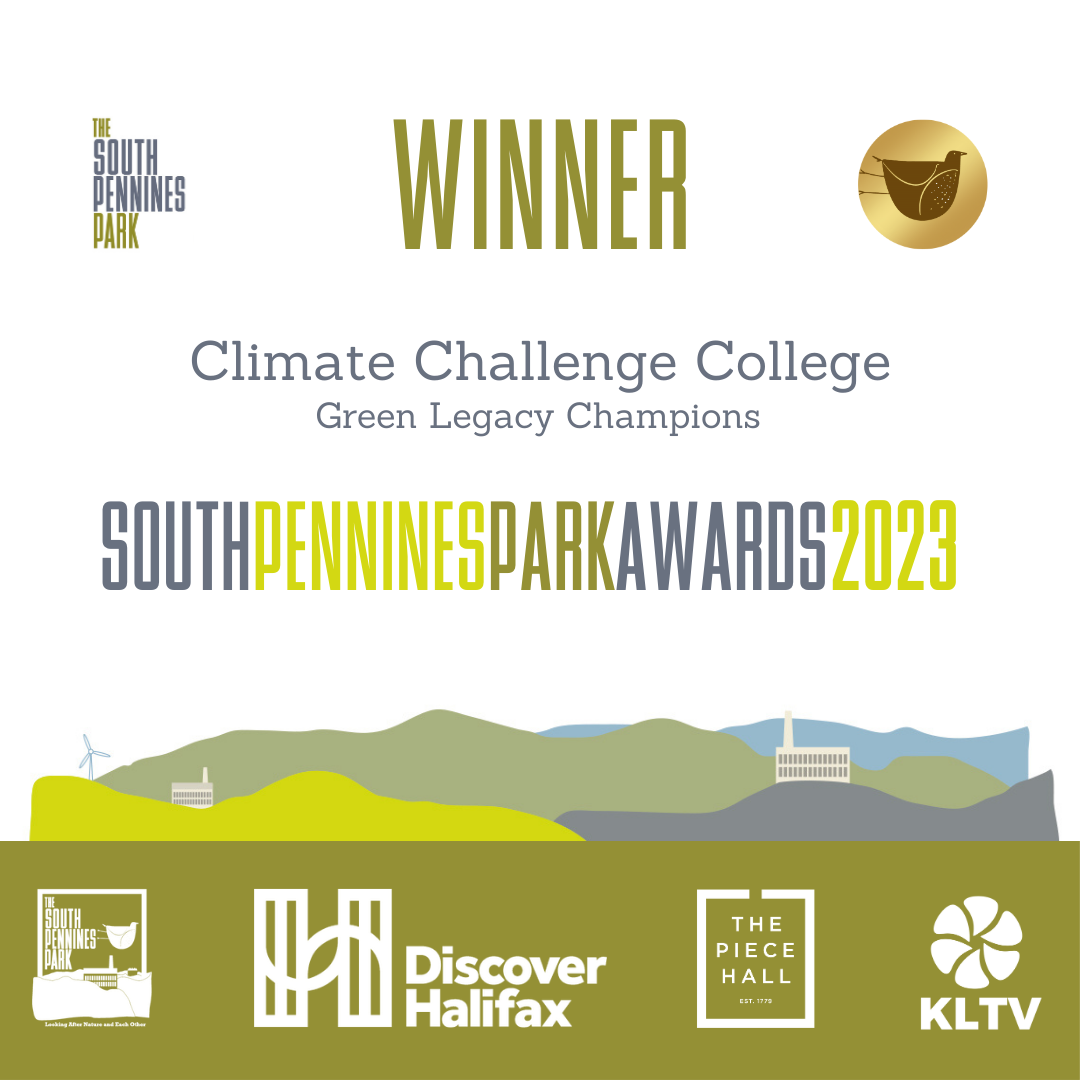
The Climate Challenge College are the proud recipients of the Green Legacy Champions Award from the South Pennines Park Awards 2023. Read more about it here.
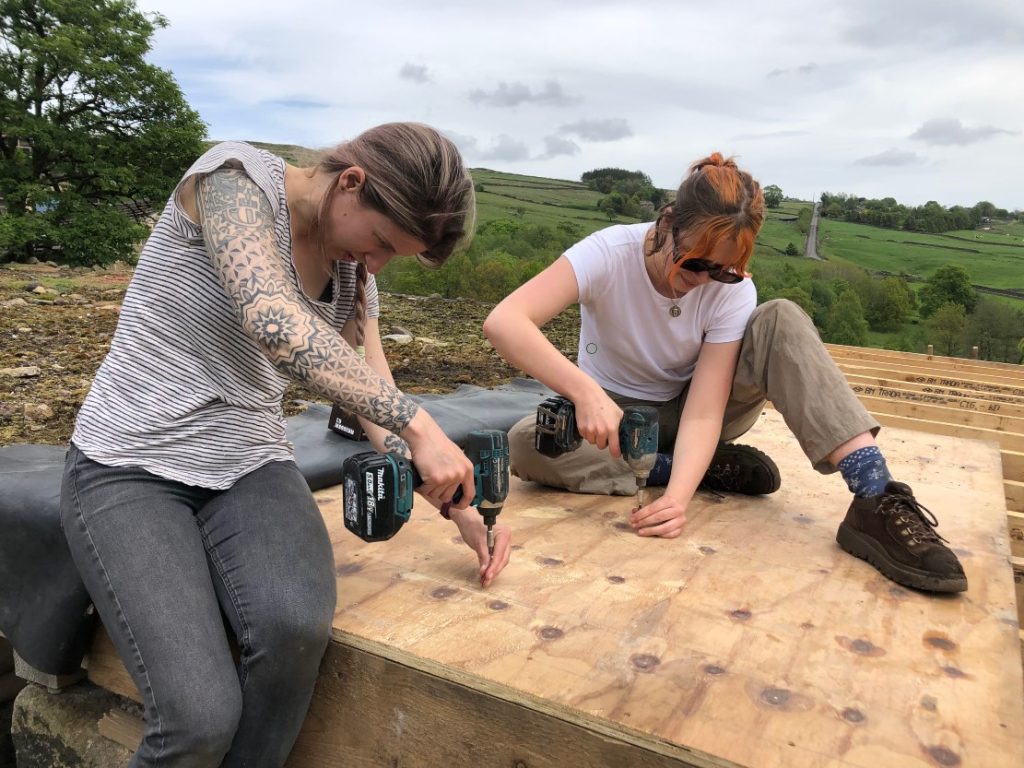
Duration: 7 months part-time (3 days per week)
Days: Monday, Tuesday, Wednesday, 10am -4pm
Dates: Monday 3 January – Wednesday 26 July
Cost: The course is completely FREE
Location: Climate Challenge @ Tod College, Burnley Road, Todmorden
Overview of the course
The Green Futures Course is a sustainability skills and education course based at the Climate Challenge College in Todmorden.
The aim of the course is to provide an insight into each area with the hope of inspiring the students to go on into jobs in the green economy.
Joining the course in January 2023 will mean completing some of the Green Futures modules, but not completing the whole course. You’ll be learning: Sustainable Building with a strawbale build focus, Food and Land and Understanding the Climate Challenge.
Course structure 2022/23
Duration: 7 months part-time (2.5 days per week)
Days: Monday, Tuesday, Wednesday, 10am – 4pm
Dates: Monday 3 January – Wednesday 26 July
Cost: The course is completely FREE
Location: Climate Challenge College, Tod College, Burnley Road, Todmorden
This is what the course structure will look like for 2022-2023. Each term you will cover a different module with the Understanding the Climate Challenge module running throughout the course.

Sample timetable
This is an example of what your timetable for a week. There is a mixture of practical skills and theory, classroom based sessions and independent study time.

Term dates
Term 1: 2 January – 8 February
Spring half term
Term 2: 20 February – 29 March
Spring Holidays
Term 3: 17 April – 24 May
Summer half term
Term 4: 5 June – 26 July
Modules

Food and Land
- Flooding and natural flood management
- Biodiversity and conservation
- Permaculture and organic growing skills
During this 10-week module you will learn about flooding in the Calder Valley and methods to prevent and alleviate flooding. This includes visits to local sites where you will see examples of natural flood management (NFM) and ‘hard engineering’.
The majority of your learning will be outdoors at a local farm; here you will learn all the practical skills you need to grow your in food in a way which regenerates, rather than depletes the soil.
During this module you’ll also learn about the importance of a diverse ecosystem and how local groups are working to preserve and improve the biodiversity of the area.

Sustainable Building
- Natural, strawbale building
- Sustainable building standards and materials
- Retrofitting
The first 7 weeks of this module will include a group building project where you can develop your basic woodworking skills, familiarise yourself with tools and develop your confidence in using these. You’ll learn about 2 sustainable building standards and different insulation materials and why these are important for reducing the energy used by buildings.
In the new year, you’ll spend a further 6 weeks focusing on strawbale building. During this time you’ll work through each stage of a strawbale building, form start to finish, under the watchful eye of the UK’s leading strawbale building expert, Barbara Jones.
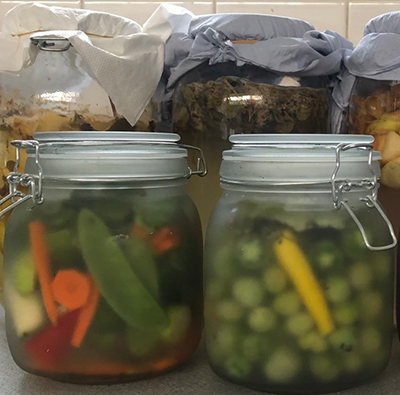
Understanding the Climate Challenge
- What does sustainability mean?
- Basic climate science
- Sustainable lifestyle skills
This module runs throughout the entire year of the course and will help you to understand the challenges we are facing and to find out about some of the potential solutions.
In addition to some theory based learning around sustainability, you will also learn practical skills such as how to preserve food to reduce waste and tips for shopping more sustainably; from food to fashion.
You will also take an in depth look at the fashion industry and learn about the ways in which we can reduce our impact on the planet through making informed choices about how we spend our money.

Energy
- Basic understanding of energy and energy use
- Fossil fuels and energy consumption
- Renewable energy sources
This module lasts for 7 weeks and will give you the chance to get hands on and build your own wind turbine and learn about other sources of renewable energy from specialists working in the industry.
You’ll take a critical look at the fossil fuel industry over the years and how they are trying to now put right some of the damage caused.
Learning in this module will be brought to life with workshops from experts and visits to sites of interest.
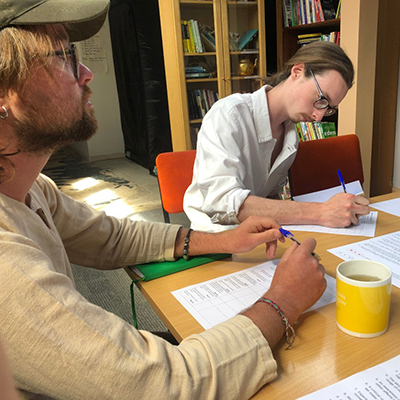
Take a look at some of our excellent independent projects here:
Independent Project
- Develop your own idea
- Improve planning and presenting skills
- Build a foundation for your next step
The final 9 weeks of the course will be decided by you! You will be given the opportunity to take an idea of your choice and develop this into a project. We will help you to develop your idea, plan out a project timeline and connect with experts. You will be supported through this process with a meeting each week to discuss your progress towards long term and weekly goals. After 7 weeks working on your project, you’ll present your idea to a small panel who will give you helpful and supportive feedback; you’ll sit on a panel too. They will assess you based on your understanding of your chosen climate issue, your engagement with the issue and how your idea could empower and engage others with the climate challenge. Finally, all of the projects will be displayed at an exhibition where people will be invited to celebrate your hard work.
How will I be assessed?
There are no exams on this course. Each student will complete a weekly task based on the weeks modular focus. The tasks can be completed through the students’ preferred format (e.g. a written blog, social media, video, etc.). The last 2 months of the course will focus on an independent project. This will be presented to a panel for analysis and feedback before being exhibited for the public.
Will there be a lot of written work?
No. This is a very hands on course. Although there will be regular tasks, these can be submitted in a variety of ways to suit each individual learner. We mostly undertake practical work such as; learning to grow food, carpentry, building and repair. The course will include some theory and research in order to gain a greater understanding of the subjects covered.
What skills will I gain?
Planning and problem solving, communication, critical thinking, collaborative working and building resilience.
Will I be working alone?
The tasks vary; some will require group work and others will be focused on independent learning. Towards the end of the course you’ll choose an area to specialise in where you’ll explore your chosen topic in greater detail.
Where will the course be?
Mostly at Tod College but there are also regular sessions delivered at different locations such as local farms and there will be trips further afield
Main email: climatecollege@tlchub.org.uk
Programme Leader:
Chelsie Naylor
chelsie@tlchub.org.uk
Assistant Programme Leader:
Lydia Gaskell
lydia@tlchub.org.uk
Phone: 01706 318133
@Climate_College
@ClimateChallengeCollege
ClimateChallengeCollege
Entry requirements
None! You are not required to have any background knowledge or skills about the subjects covered on the course. Of course, if you do already have this then that’s great but everything will be of an introductory level.
Applying
We have some places available to join the Green Futures Course in January 2023. This will be an opportunity to complete Green Futures modules in: Sustainable Building, Food and Land and Understanding the Climate Challenge.
If you’re interested in applying, please complete this APPLICATION FORM and send it to climatecollege@tlchub.org.uk
If your application is successful, you will be invited to attend an interview.
Interview process
The interview is in an informal group setting where the main aim is to get to know you and find out what you want to get out of the course.

